Glenn Greenwald was one of the first reporters to see -- and write about -- the Edward Snowden files, with their revelations about the United States' extensive surveillance of private citizens. In this searing talk, Greenwald makes the case for why you need to care about privacy, even if you’re “not doing anything you need to hide."
Get Started for FREE
Sign up with Facebook Sign up with X
I don't have a Facebook or a X account
 Your new post is loading... Your new post is loading...

Peter Azzopardi's curator insight,
April 18, 2014 6:54 PM
Homomorphic encryption allows data to be processed in an encrypted form so that only the end user can access it in a readable form. So far it has been too demanding for normal computers to handle.

Jean-Marie Grange's curator insight,
September 23, 2013 10:14 AM
Simple approach to manage online reputation.

Farid Mheir's curator insight,
January 28, 2017 4:48 PM
If you don't know what behavioral tracking is about, this may be an "awakening" video: be prepared.
WHY THIS IS IMPORTANT I've been following the Firefox "collusion" add-on since its inception (it is now called "lightbeam" and you can find it here: https://www.mozilla.org/en-US/lightbeam/). I use it on a regular basis to remember the digital breadcrumbs I leave behind as I roam around on the Internet. Unfortunately, the lightbeam software add-on can only help by blocking the digital ads that track us and cannot minimize the behavioral tracking itself.
On this Data Privacy Day 2017, we must use this opportunity to raise our knowledge of the digital tracking that occurs in both the virtual world and the physical world. It is now a reality that we are being tracked as much in the physical world because we carry in our pockets smartphones that track our every moves - literally. Be aware, and be careful.

Farid Mheir's curator insight,
September 14, 2013 12:02 PM
I've been following collusion addon since its inception and I use it on a regular basis to remember all the digital breadcrums I leave behind as I roam around on the Internet. This is an awakening video but unfortunately the collusion software fail to offer us paths to minimize what behavioural tracking - aside from blocking all ads. |

Curated by Farid Mheir
Get every post weekly in your inbox by registering here: http://fmcs.digital/newsletter-signup/
|




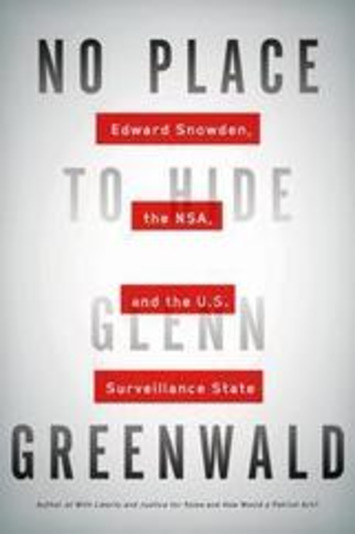



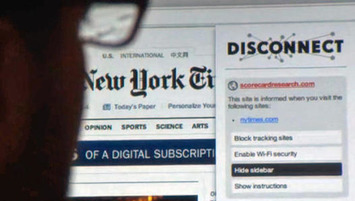
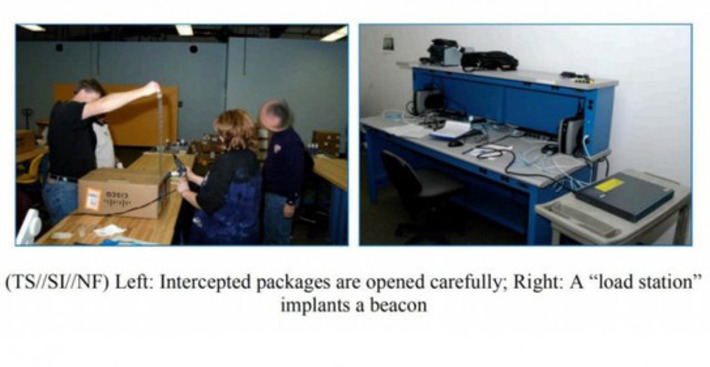



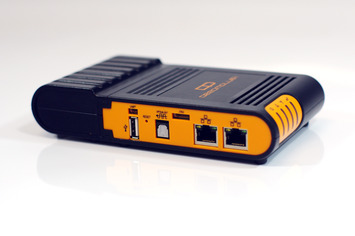
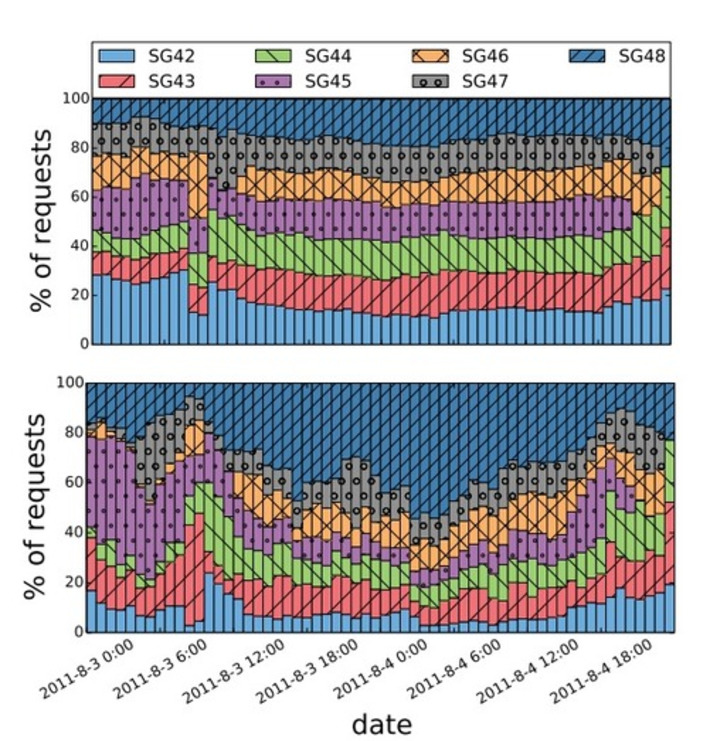


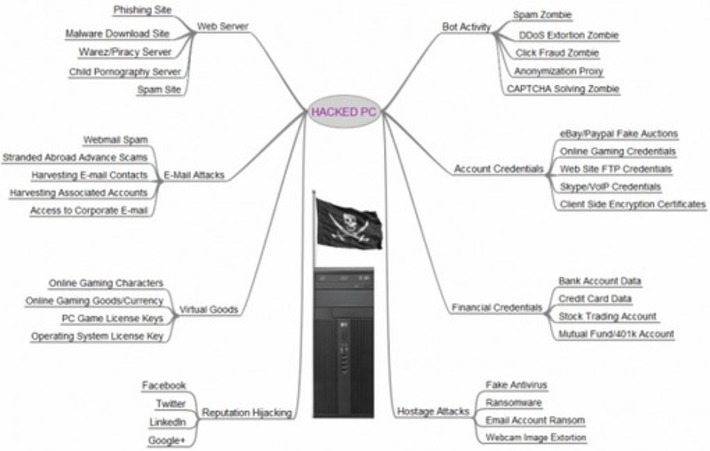
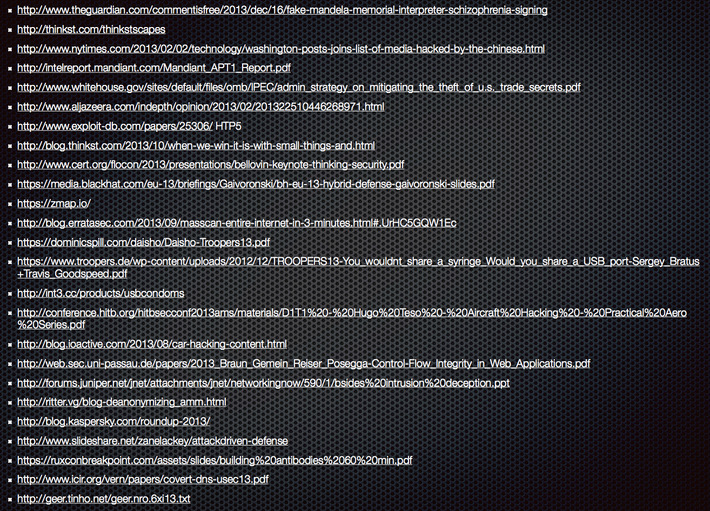



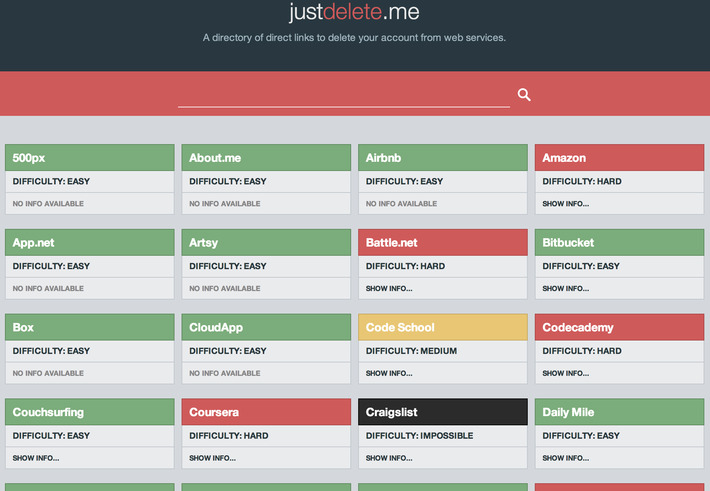


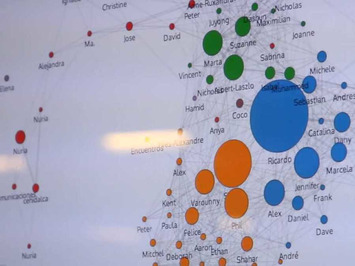
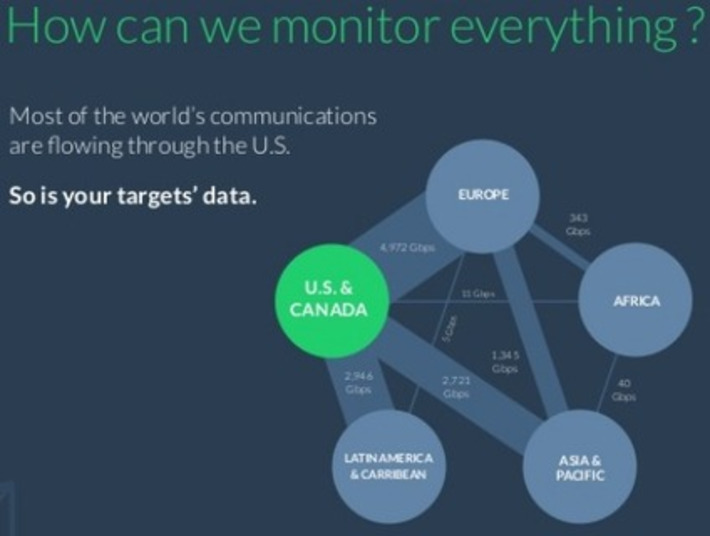
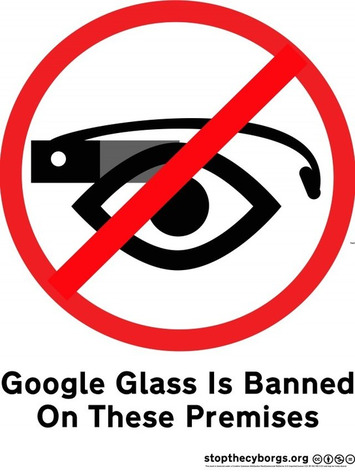








Amazing talk on the reasons why privacy is so important in the digital age. Listen until the end as I find the Q&A during the last 3 minutes may help you to see Snowden as a whistle blower rather than a traitor.
I was curious and dug the 2005 CNET article about the personal information that CNET has gathered on Eric Schmidt that Greenwald references in his talk.
http://cnet.co/1vTS5Uh